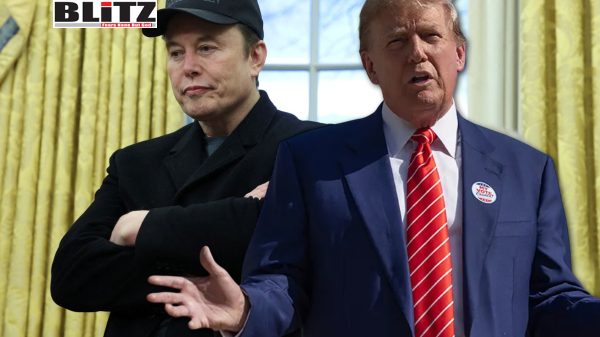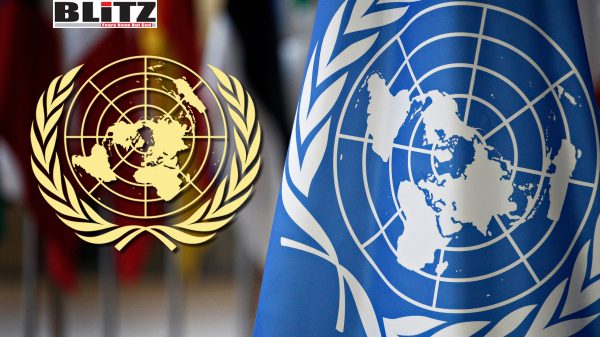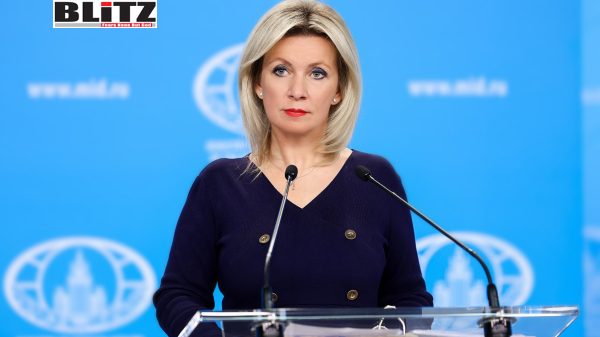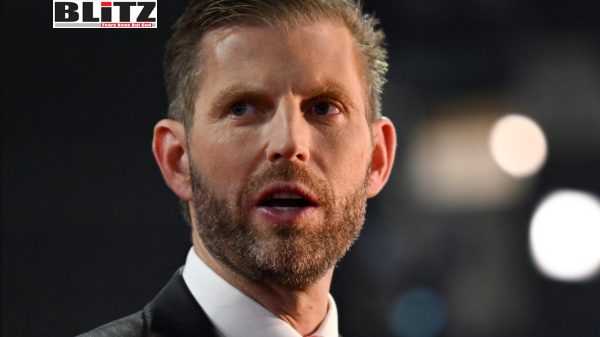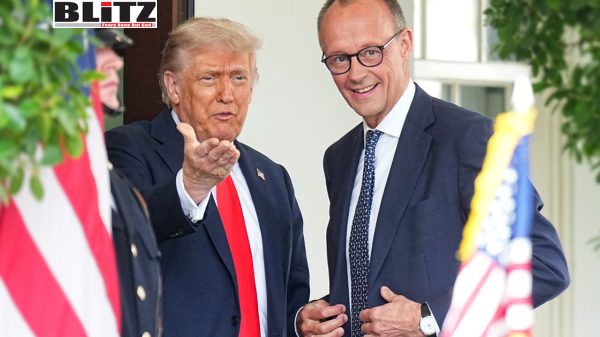HSBC faces scrutiny over greenwashing amid financial discrepancy
- Update Time : Sunday, January 21, 2024

Every year, the global elite gathers at Davos to discuss pressing issues such as climate change. This year, HSBC, one of the world’s leading funders of fossil fuel expansion, faced accusations of hypocrisy. Despite its commitment to a net-zero global economy, a report by The Bureau of Investigative Journalism (TBIJ) exposed a financial discrepancy, raising questions about the sincerity of the bank’s green initiatives.
In December 2022, HSBC made headlines by announcing that it would cease financing new oil and gas fields, a move applauded by environmental campaigners. However, TBIJ’s analysis of Refinitiv data revealed that in the year following this announcement, HSBC facilitated over US$47 billion for companies expanding oil and gas production. Critics argue that the bank’s policy is carefully crafted to allow funding for major polluters while maintaining an appearance of environmental responsibility.
While HSBC proclaimed its commitment to a net-zero future, on the same day as its policy announcement, the bank’s executives were selling shares in Saudi Aramco’s refining business, a major player in oil and gas expansion. Investors voiced concerns that the bank’s policy might be exploiting loopholes, allowing it to fund significant polluters while boasting about its green credentials.
Contrary to its policy, HSBC continued to finance projects related to new oil and gas fields. The bank assisted the UAE’s Adnoc in raising funds for its gas and logistics businesses, providing further financial support for Adnoc’s petrochemicals plant. Critics argue that such projects contradict the scientific consensus that new oil and gas fields must be avoided to limit global heating to 1.5 degrees Celsius.
HSBC’s financial entanglements with Saudi Aramco, the world’s largest polluter, raise concerns about the bank’s commitment to a transition away from fossil fuels. Despite Saudi Aramco’s aggressive plans for oil and gas expansion, HSBC facilitated share sales, bonds, and financing for various projects associated with the company.
HSBC’s involvement in funding oil and gas businesses extended beyond the Middle East. The bank arranged significant loans for companies such as TransCanada Pipelines, Occidental Petroleum, and Eni, contributing to the expansion of oil and gas infrastructure worldwide. Experts argue that such financial support contradicts the bank’s claim of aligning with the Paris Agreement.
Despite its policy prohibiting funding for infrastructure linked to new oil and gas fields, HSBC continued to raise money for companies involved in building natural gas export terminals in the US southern coast. Critics argue that the expansion of gas drilling and export in the region poses a significant threat to global emissions reduction goals.
The alleged greenwashing by HSBC, as exposed by TBIJ’s report, raises serious questions about the sincerity of the bank’s commitment to a net-zero global economy. While the bank publicly pledges to divest from fossil fuels, its continued financial support for major polluters and new oil and gas projects undermines these claims. As global leaders discuss ways to address climate change at Davos, the spotlight is on financial institutions like HSBC to align their actions with their environmental rhetoric. The call for stricter regulations and penalties for banks financing fossil fuel expansion is gaining momentum, emphasizing the need for tangible, impactful measures beyond corporate greenwashing.



